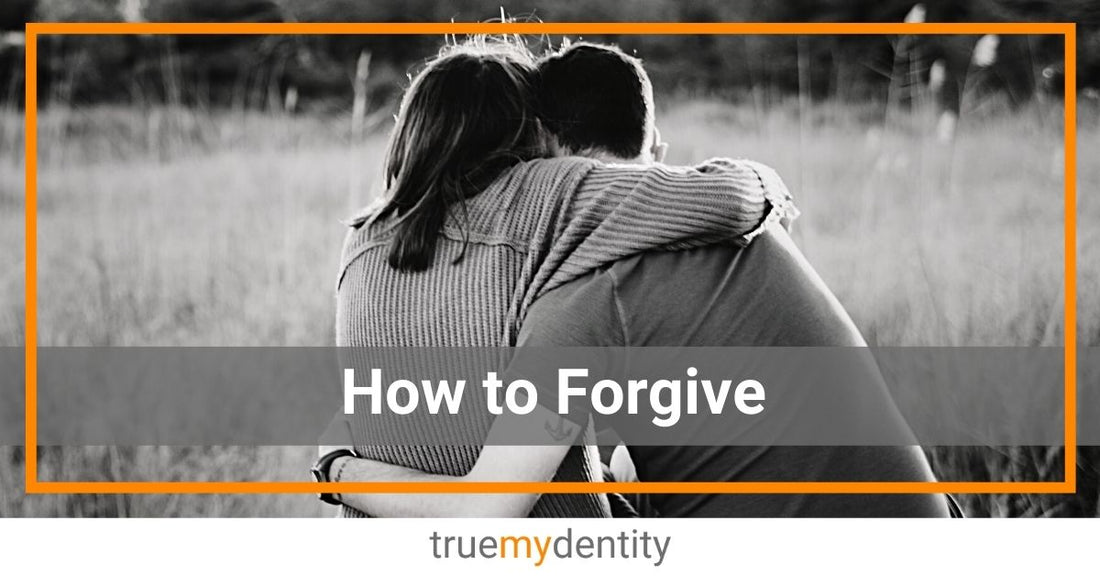Understanding the Value of Forgiveness in Recovery Relationships
Mercy is frequently checked out as a simple act of letting go, yet its relevance in recovery relationships expands far past plain absolution. What remains to be discovered is the extensive influence forgiveness can have on individual growth and common consistency.
The Interpretation of Mercy
Although forgiveness is typically regarded as a straightforward act of letting go, its definition includes a complicated interaction of psychological and emotional procedures. At its core, forgiveness is the aware choice to launch sensations of resentment or vengeance toward an individual or group that has caused harm. This process is not merely about absolving the culprit; rather, it involves a profound emotional transformation that can result in personal growth and recovery.
Mercy is complex, usually identified by a person's interior struggle to reconcile their pain with the desire for tranquility. It calls for identifying the misdoings dedicated, processing the associated feelings, and inevitably deciding to move on without the burden of displeasure. This selection commonly involves a cognitive shift, where one reframes their understanding of the wrongdoer and the transgression, enabling compassion and recognizing to emerge.
Importantly, mercy does not suggest condoning the actions or failing to remember the offense; it is a purposeful act that prioritizes emotional health. By specifying forgiveness in this fashion, we can appreciate its role in facilitating much healthier connections and fostering psychological durability, establishing the stage for much deeper expedition into its advantages.
Emotional Advantages of Forgiveness
Mercy offers substantial emotional advantages that can profoundly influence an individual's mental health and wellness and overall wellness. When a person selects to forgive, they proactively release sensations of resentment, rage, and bitterness, which can otherwise produce a hefty emotional concern. This launch frequently brings about a reduction in tension and anxiousness, promoting a sense of tranquility and psychological security.
Additionally, mercy cultivates an enhanced capability for compassion and compassion. By understanding the point of view of the transgressor, people can cultivate a deeper emotional durability, which boosts their capacity to handle future challenges. This process not only enhances psychological law yet also adds to a much more positive expectation on life.
Additionally, forgiving others can enhance one's self-confidence and self-respect. It permits people to redeem their individual power, damaging devoid of the negative cycles of victimhood - The importance of forgiveness. This newfound empowerment can lead to healthier emotional responses and stronger interpersonal relationships
Mercy vs. Settlement
The difference in between mercy and settlement is vital in recognizing the characteristics of healing partnerships. Mercy is an inner procedure where a private chooses to let go of resentment and adverse sensations in the direction of somebody who has created injury. It is mostly a personal journey, focused on psychological launch and self-healing, enabling one to progress without lugging the problem of past complaints.
On the other hand, reconciliation involves restoring and restoring the partnership to a state of depend on and mutual regard. This process usually needs open interaction, active participation from both celebrations, and a commitment to attending to the underlying issues that brought about the conflict. While mercy can occur individually, reconciliation demands the determination of both people to take part in dialogue and job toward a common understanding.
It is important to note that mercy does not constantly bring about settlement. A person may forgive another without deciding to bring back the relationship, especially if trust fund has actually been irrevocably damaged or if the connection is regarded unhealthy. Comprehending this difference allows individuals to browse their feelings efficiently and make notified choices concerning their relationships.
Steps to Grow Mercy
Growing forgiveness is an intentional procedure that involves a number of crucial actions focused on helping with emotional recovery. The primary step is recognizing the pain caused by the violation. Identifying one's sensations is essential, as it allows individuals to process their emotions really.
Next, assessing the occurrence and recognizing its influence can give quality. This reflection should include examining the motivations behind the offender's actions and recognizing that everyone is fallible.
The third action entails making an aware choice to forgive. This choice is vital, as it indicates a readiness to allow go of animosity and relocate ahead.
Consequently, revealing feelings in a constructive manner can be beneficial - The importance of forgiveness. Whether via journaling, chatting with a relied on good friend, or seeking therapy, expression of feelings can help in the forgiveness trip
Real-Life Instances of Forgiveness

In another instance, a dense group of friends dealt with a substantial rift after one member inadvertently shared a Click Here private key. Rather of harboring animosity, the impacted pal decided to forgive, understanding the value of valuing the relationship over the blunder. This choice urged open discussion and ultimately enhanced their connection.

Verdict
In final thought, forgiveness plays an essential role in the healing of relationships by facilitating the release of negative emotions and fostering empathy. By distinguishing between forgiveness and reconciliation, people can engage in a useful process that improves emotional well-being.
